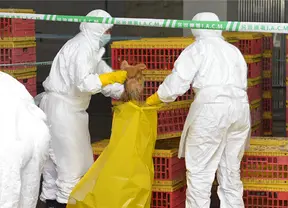
French President Francois Hollande and his Iranian counterpart Hassan Rouhani both agreed to reinforce bilateral cooperation following the conclusion of the agreement in Vienna, said Thursday Hollande's presidential office, the Elysee, in a press release.
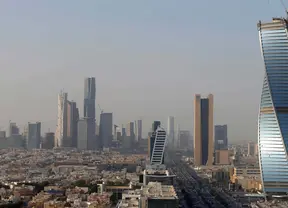
U.S. Secretary of State John Kerry on Thursday defended the recently negotiated nuclear deal with Iran, saying the accord is the only chance to curb Tehran's nuclear program.

Israeli Prime Minister Benjamin Netanyahu met Tuesday in Jerusalem with his Italian counterpart Matteo Renzi, continuing his criticism on the nuclear deal between the world powers and Tehran.

Israeli Prime Minister Benjamin Netanyahu continued Sunday to lash out at the nuclear agreement with Iran, saying that the Islamic Republic deserves no concessions until it changes its foreign policy toward Israel and the United States.
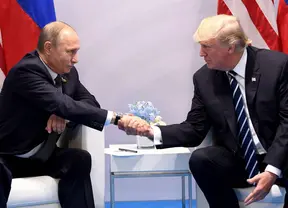
As Iran has finally come to terms with the world powers over its nuclear program after more than 18 months of marathon-like talks, a new era that could change the face of the Middle East region may well be opened.
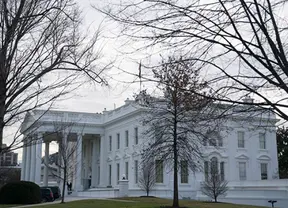
China's wisdom played a key role in the achievement of a comprehensive agreement on Iran's nuclear program, Chinese negotiator Cheng Jingye said here on Wednesday.
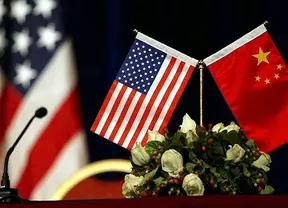
U.S. President Barack Obama gave thanks to his Russian counterpart Vladimir Putin for Russia's role in achieving the Iran nuclear deal in a phone call Wednesday.

Russian President Vladimir Putin and his U.S. counterpart Barack Obama praised the recently clinched Iranian nuclear deal in a phone conversation, the Kremlin press service said Wednesday.
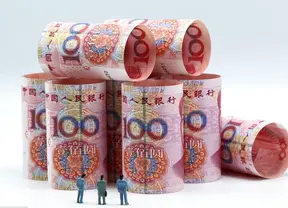
The U.S. President Barack Obama said Wednesday that the Iran nuclear agreement was the best way to avoid a nuclear arms race and more wars in the Middle East, urging Congress to approve the deal.
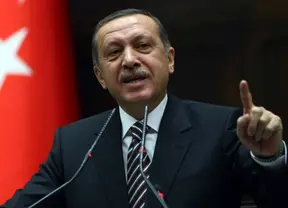
Iran and six world major countries have adopted an agreement on the Iranian nuclear issue, European Union (EU) foreign policy chief Federica Mogherini formally announced here on Tuesday.

Israeli Prime Minister Benjamin Netanyahu continued to slam the nuclear deal reached between Iran and the major world powers on Tuesday, claiming it risks Israel's security.

The U.S. President Barack Obama on Tuesday called Israeli Prime Minister Benjamin Netanyahu by phone, trying to reassure the latter by saying the Iran nuclear agreement will "verifiably" prevent it from obtaining a nuclear weapon.
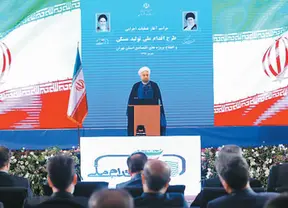
The nuclear deal reached Tuesday between Iran and the world powers is likely to change the political map in the Middle East, said Egyptian experts.
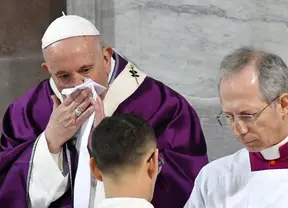
Negotiators have made "genuine progress" in ongoing talks on Iran's nuclear program, but some sticking points remain unsolved, the White House said Monday.
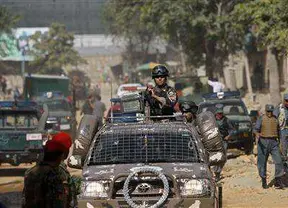
Iranian Foreign Minister Mohammad-Javad Zarif said a much-anticipated nuclear deal could not be ready on Monday while urging world powers for more diplomacy, Iranian media reported.
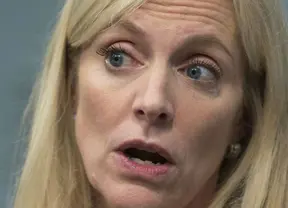
The protracted Iran nuclear talks are entering the final stage for a historic deal, but Tehran said there was still work to do for a comprehensive agreement by Monday.

Israeli Prime Minister Benjamin Netanyahu slammed Sunday the international community for making concessions to the Iranians in the nuclear talks ahead of an upcoming deal, while Iranian leaders vowed to continue fighting the United States and Israel.